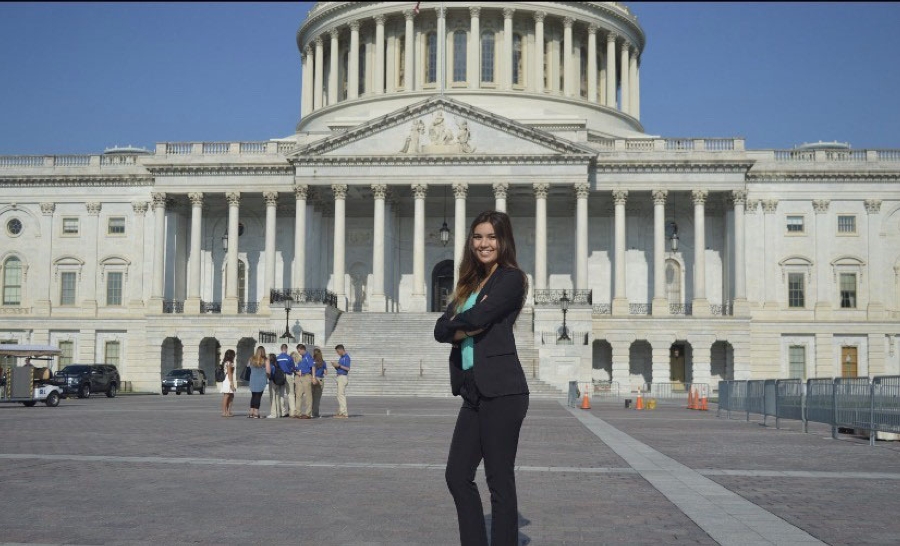Transferring to an Elite School as a First-Gen, Low-Income Student
Paola Cruz thought the probability of her attending an elite university as FGLI was zero – until she got in.
FirstGen Forward / December 08, 2020

As the November election results continue through the certification process, hopes are high for a federal administration favorable to first-generation students and topics of importance to them. President-elect Joe Biden speaks of his own status as a first-generation college student, relating his father’s desire for him to attend college yet not knowing how to assist him during the college experience.
Vice-President-elect Kamala Harris is a graduate of Howard University, a Historically Black College and University (HBCU), and is familiar with the role HBCUs play in serving first-generation students. In addition, the incoming First Lady, Dr. Jill Biden, is a community college professor and brings knowledge of the realities first-generation students face in balancing studies, work, and life.
Given the level of empathy they display when speaking publicly, it is expected that executive branch policies will shift to those more favorable to first-generation college students. Higher education policy wonks are predicting or calling for a number of policy changes already. At the federal level, higher education priority requests include adjustments to Title IX policies recently implemented, additional stimulus funds for emergency aid, the possibility of student loan debt forgiveness, and reinstatement of protection for DACA students.
At the state level, economies have been hit hard by the COVID-19; the loss of revenue may mean additional disinvestment in higher education institutions. Students at public institutions in particular will need to keep a close eye on their states to determine impacts on funding of higher education institutions and whether there will be any federal relief to lessen the state budget cuts.
Given the potential of an administration supportive of first-generation student concerns and implications of the lingering impact of COVID-19 on state and local economies, how can you use December to #AdvocateFirstgen?
Use the ‘lame duck’ sessions to plan your outreach during the new legislative session.
Determine your priorities. Are you interested in advocacy at the local, state, and/or federal level(s)?
Verify your representatives for 2021 legislative sessions. Did the November 2020 elections at the local, state, or federal level result in new representation?
Check your representatives’ websites and research if they are involved in committee work related to higher education. If not, you can still engage them as a constituent, but recognize they may not have as much interest in or influence on education policies affecting first-generation students.
Think about your engagement topic. Are there existing bills you’d like them to support? Are you proposing ideas for new legislation? If so, what action would you like them to take?
Taking this time to research and plan your outreach will position you for engagement when the new sessions begin.
What strategies have helped you to successfully champion first-generation students? Share your perspective on first-generation student advocacy and pertinent policy issues across social media with #AdvocateFirstgen.